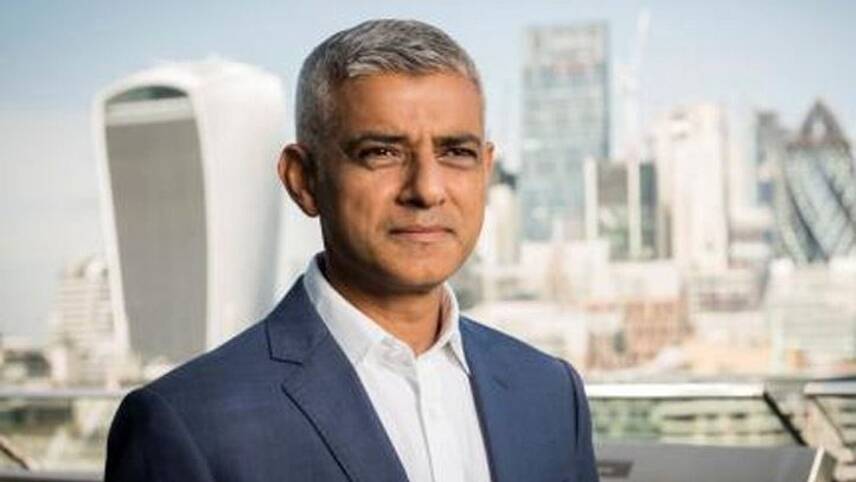Register for free and continue reading
Join our growing army of changemakers and get unlimited access to our premium content

Khan's damning letter has been sent to the Secretaries for Housing and BEIS
In a letter sent to housing secretary Robert Jenrick today (6 January), Khan points out that the proposed Future Homes Standard sets carbon reduction targets 25% lower than those detailed in the 2016 London plan.
The Future Homes Standard is currently under consultation and is due to come into effect in the latter half of 2020, covering England only. In its current form, it includes a headline goal to reduce the carbon intensity of new builds by 75% by 2025, which ministers plan to deliver through fresh mandates for housebuilders on triple glazing, low-carbon heating systems, onsite renewable generation and energy-efficient building fabrics. The 75% target is down from an initial proposal of 80%.
In contrast, London’s ‘Zero Carbon Homes’ standard mandates all new build homes to reach net-zero operational emissions by 2025.
Khan is also questioning the Government’s proposals to alter the 2008 Planning Act, in ways he claims would reduce local authorities’ abilities to set more stringent carbon requirements for the built environment than the national Government.
His letter calls both proposals “damaging” and “out of step” with public demands for climate action and with the views of local authorities. On the latter, two-thirds of UK councils have declared a climate emergency to date.
The letter, which has also been sent to 10 Downing Street, London Minister Chris Philip and BEIS secretary Andrea Leadsom, states: “I am deeply concerned at MHCLG’s proposal to introduce national standards for carbon reduction in new homes which would be lower and slower than those that are already being implemented in London.
“All the evidence shows that we must use every available measure to seriously tackle the climate emergency we face, and to meet the Government’s own net-zero target.”
“In a year in which the UK Government is supposed to be showing global leadership on climate change by hosting COP26, the government must show a willingness to act and drop these damaging proposals – we cannot go forward by going back,” Khan added in a statement to journalists.
Growing concerns
The built environment sector is regarded as one of the UK’s hardest-to-abate sectors, accounting for around 40% of national annual energy consumption and 33% of national annual emissions.
Moreover, the UK Government has repeatedly been criticised for failing to deliver policy support for the decarbonisation of homes. The Committee on Climate Change (CCC) has repeatedly pointed out that homes accounted for 14% of total UK emissions in 2017, with particular challenges around fuel poverty and decarbonising heat persisting.
The Future Homes Standard is the Government’s main response to these concerns. For the wider built environment sector, Ministers are currently consulting on a requirement for all rented commercial buildings to be required to operate at a minimum energy efficiency standard of EPC band B by 2030; and the introduction of mandatory “in-use” energy performance ratings for all business buildings.
But all of these measures have faced stark criticism since their announcement. Last week, a group of leading architects and engineers said proposed policy changes would collectively result in a “step backwards, in a climate where we need a huge leap forward”. Environmental campaigners including Greenpeace and Friends of the Earth have also urged for broader and more rapid policy action that gives local authorities greater power.
“Boris Johnson cannot keep saying Britain is leading the world on climate when his government’s proposals don’t keep up with city mayors,” Greenpeace’s policy director Doug Parr said.
Sarah George


Please login or Register to leave a comment.